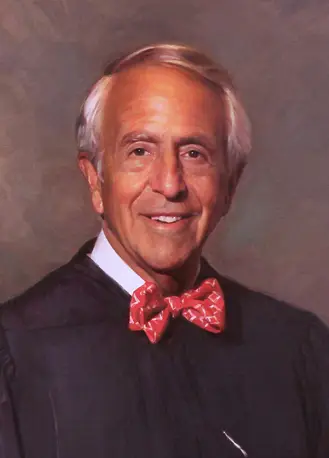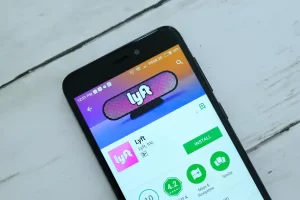Photo: An official portrait of U.S. District Court Judge Charles Breyer; via Wikipedia.
A federal judge in California overseeing more than 2,300 sexual assault and harassment lawsuits against Uber has dismissed several key claims, narrowing—but not eliminating—the legal risks facing the rideshare company, Reuters reported.
U.S. District Judge Charles Breyer, who is presiding over the multidistrict litigation in San Francisco, issued a ruling on Tuesday that threw out certain fraud and product liability claims in a set of 20 bellwether cases that will serve as test trials for the sprawling litigation, with the first trail scheduled for December 8. Judge Breyer’s decision may shape the outcomes of hundreds of similar claims nationwide.
The lawsuits aim to hold Uber accountable for alleged assaults and misconduct committed by drivers. Plaintiffs say Uber misled riders—especially intoxicated women—by promoting itself as a safe alternative to drunk driving without warning of potential dangers. They also argue that Uber should have disclosed when drivers had criminal records or prior misconduct.
In his 37-page ruling, Judge Breyer dismissed fraud claims tied to Uber advertisements such as “Don’t drink and drive, call an Uber” and “Stay safe tonight. Use Uber.” He determined that reasonable consumers would interpret those ads as general encouragement, not as safety guarantees.
However, the judge left the door open for other claims. Breyer found that Uber’s app notifications—like those displaying a driver’s name, photo, and star rating—could be part of a “deceptive scheme” if the company knowingly concealed prior driver misconduct. While he noted no plaintiff claimed to have relied directly on this information, he did not rule out the possibility of liability on these grounds.
Breyer also dismissed product liability claims that alleged Uber’s app was defective for failing to prevent risky driver-passenger pairings. But he refused to throw out claims arguing that the app’s lack of a feature allowing women to select female drivers might itself be a design flaw.
Neither Uber nor attorneys representing the plaintiffs responded to Reuter’s requests for comment following the ruling.
The outcome of the bellwether trials could serve as a legal precedent for how the remaining cases will unfold. Meanwhile, Uber’s own internal safety data underscores the scope of the issue. In its 2021–2022 U.S. Safety Report, the company disclosed 2,717 reports of the most severe categories of sexual assault and misconduct.
What The Ruling Means for Survivors
While some claims have been dismissed, the foundation of the case—that Uber may have failed to warn users about known dangers—remains intact. Survivors of Uber-related sexual assaults can learn more about their legal rights by visiting SurvivorsRights.com’s Uber lawsuits guide. Survivors can also take the first step toward being matched with a legal specialist by filling out the brief, confidential form below.




